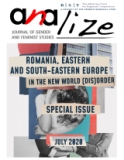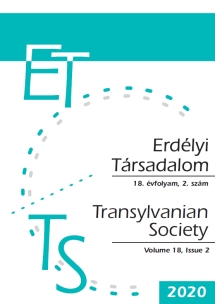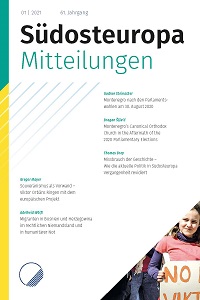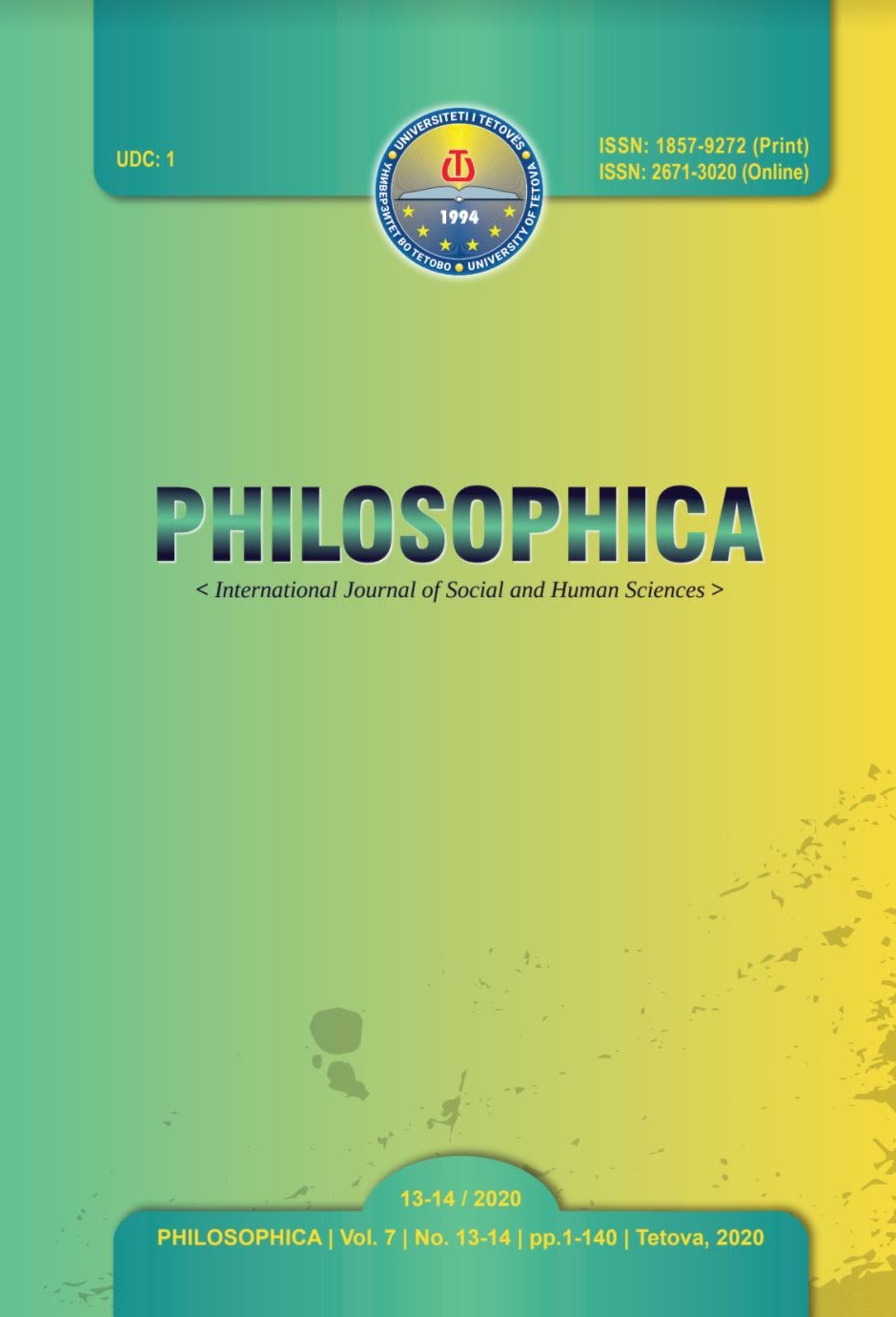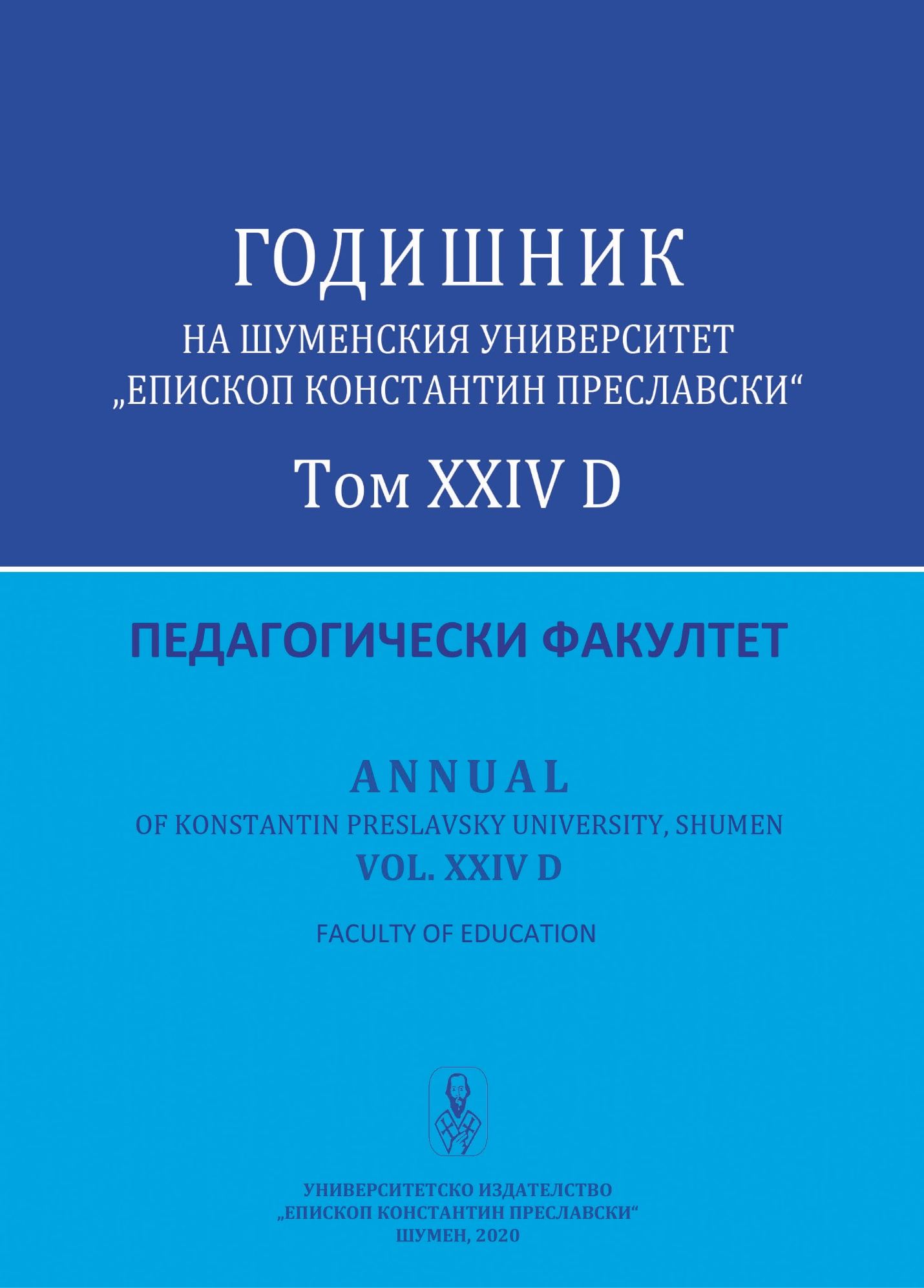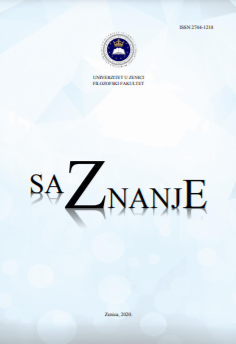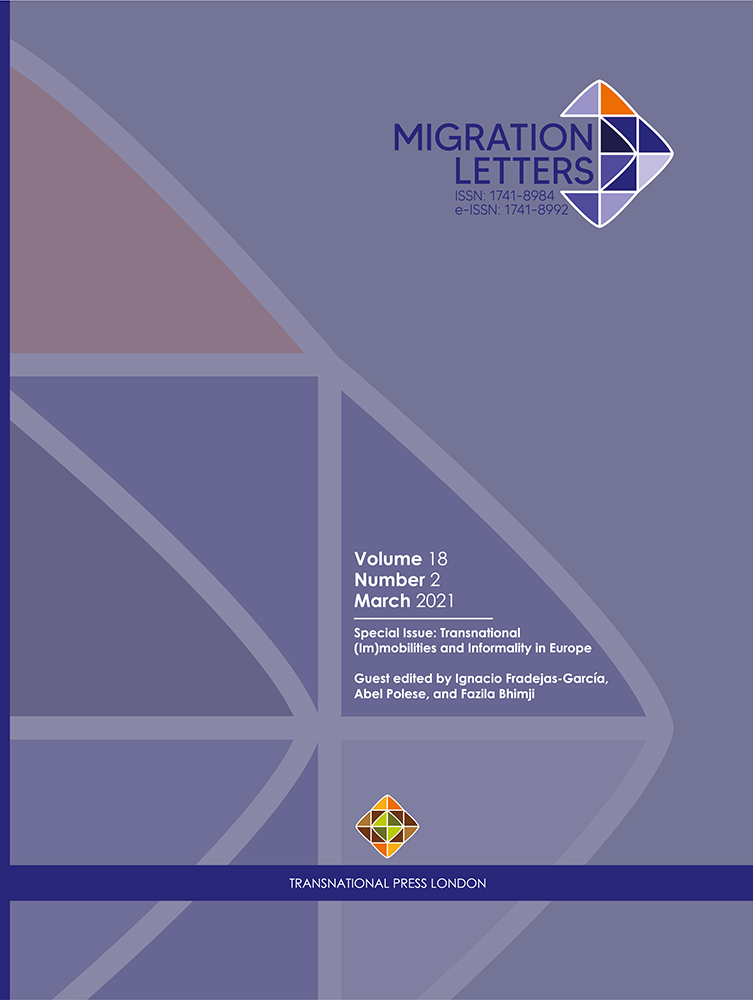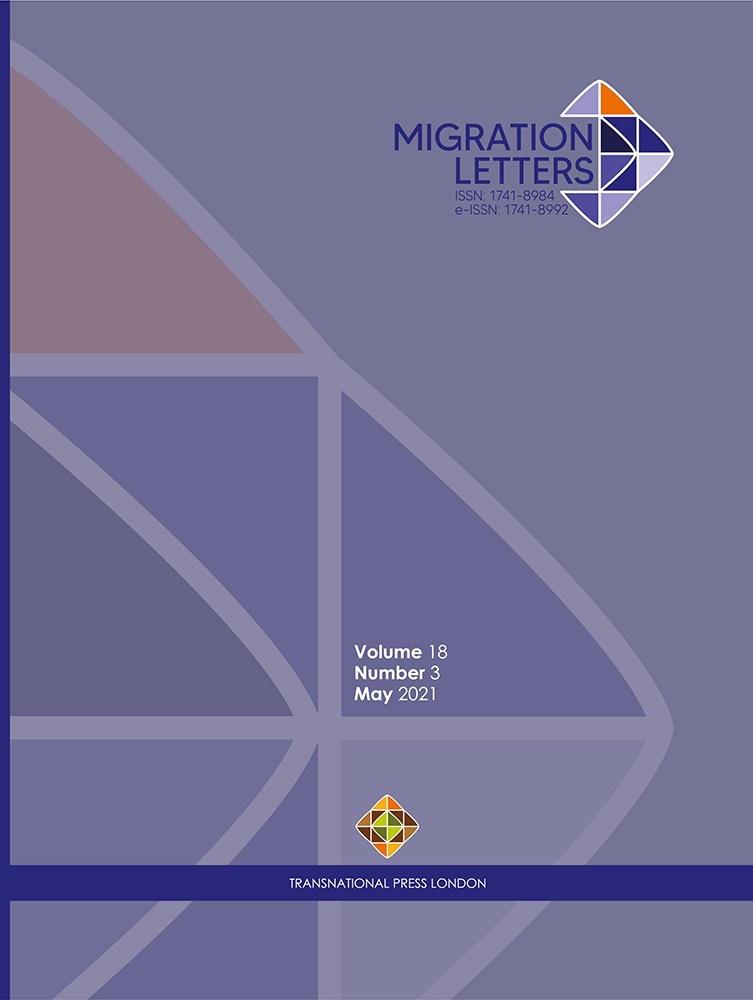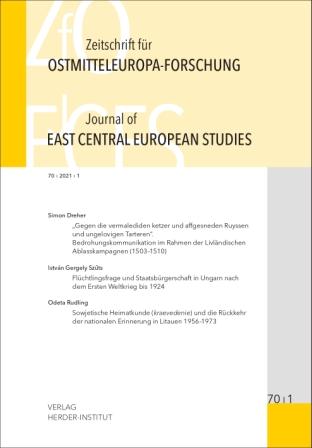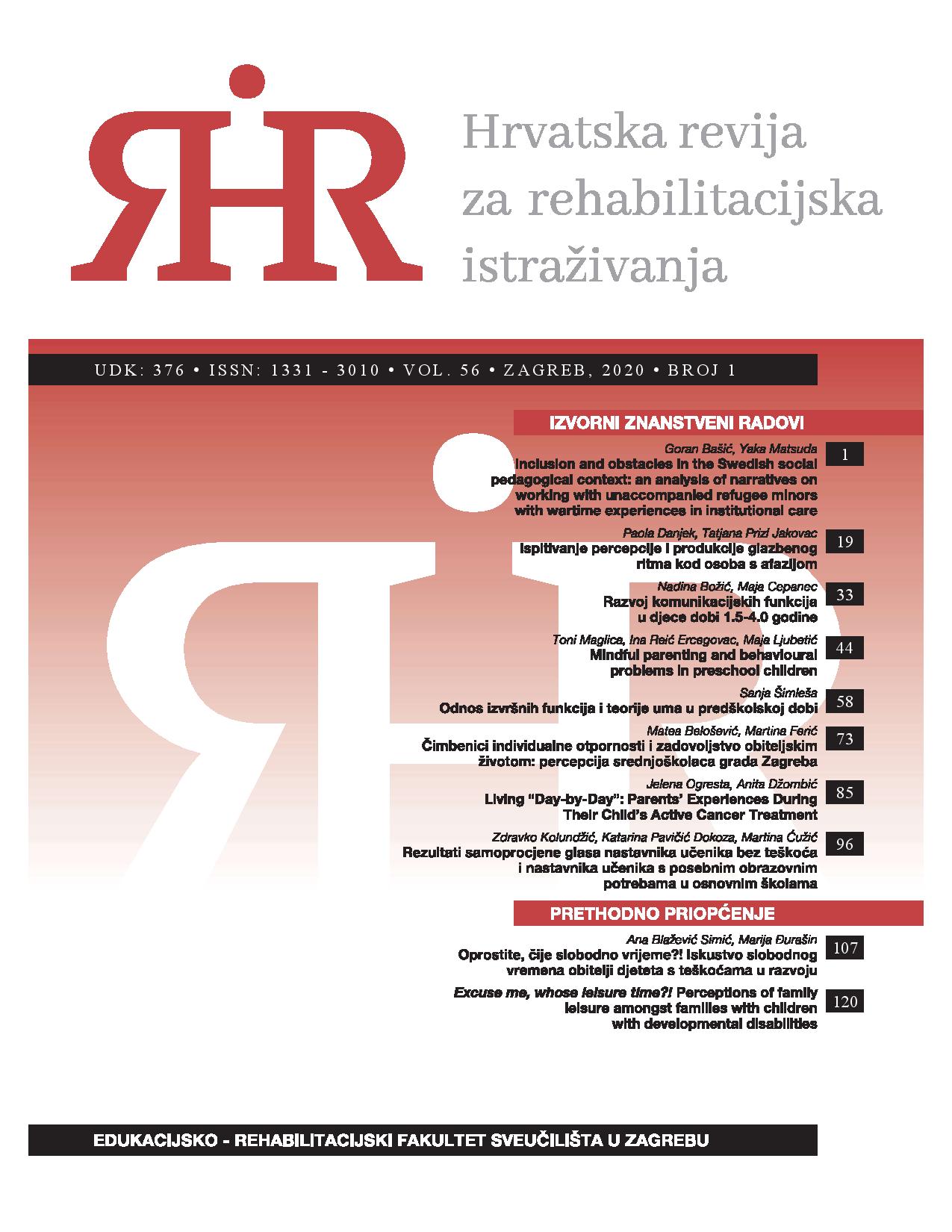
Inclusion and obstacles in the Swedish social pedagogical context: an analysis of narratives on working with unaccompanied refugee minors with wartime experiences in institutional care
The general perspective on social pedagogy and research emphasises the importance of recognising the various identities that are actualised and re-actualised during interpersonal interactions in the various social contexts in which the individual acts or is expected to act. The purpose of the present study was to provide a new understanding of: (1) narratives by staff at institutions regarding the day-to-day work of caring for youths who, having experienced war, fled to Sweden and were taken into care and placed in institutions; and (2) interactive patterns contributing to constructing and reconstructing the inclusion of the clients and the obstacles to inclusion during practical social pedagogy. Analytical findings with the following themes are presented: (1) empathy, collaboration and inclusion; (2) stigma and inclusion; and (3) (in)competence of personnel and inclusion. This study demonstrates that recognition, or the lack thereof, of young peoples’ various identities may affect their opportunities for inclusion in the new society. Both the recognition and loss of identity that occur in various contexts in which young people act or are expected to act contribute to the success of integration and can be an obstacle to it.
More...
